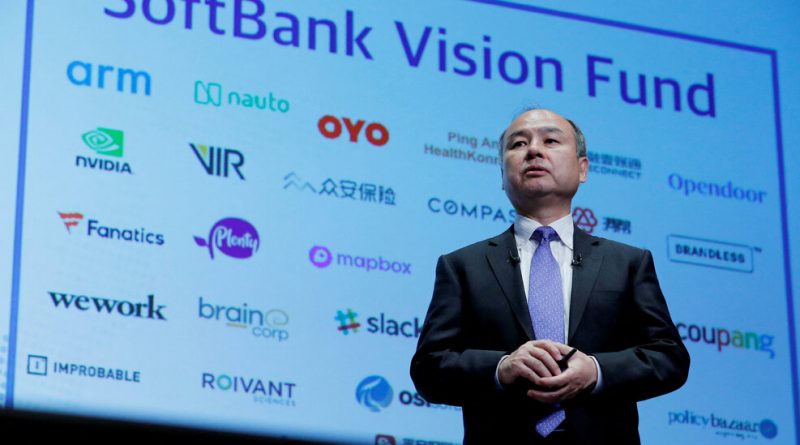SoftBank’s Masayoshi Son Shifts to ‘Offense’ in A.I. Race
For months, Masayoshi Son, SoftBank’s voluble founder and chief executive, kept quiet as his tech conglomerate has struggled with huge investment losses.
But as the world races to embrace artificial intelligence — something that has long fascinated him — Mr. Son used his company’s annual shareholder meeting on Wednesday to publicly, and memorably, restate his commitment to becoming a leader in the cutting-edge technology.
“We are ready to shift to offense mode,” Mr. Son told investors and analysts, adding: “I want SoftBank to lead the A.I. revolution.” Reviving the kind of grand presentations that he long favored — who can forget the “valley of coronavirus” slide in 2020, featuring flying unicorns? — the SoftBank chief began by asking, “What is mankind?”
The answer, apparently, is something that can benefit from the technology behind chatbots, which has already spurred an investment boom. (To be fair, the potential of A.I. was one of several central theses behind SoftBank’s $100 billion first Vision Fund.)
“When your grandkids are our age, I believe they will be living in a reality where the computer is 10,000 times smarter than the sum of all human wisdom,” he said on Wednesday. SoftBank would fit in, he added, as “an architect to build the future of humankind.”
Tech industry leaders have warned that A.I. systems might one day pose an existential threat to humanity and have called for an international watchdog to regulate A.I. technology.
Mr. Son argues that SoftBank has better days ahead. Although the company’s Vision Funds have suffered big paper losses amid the decimation of start-up valuations, he said that SoftBank had since amassed more than $35 billion in cash in “defense mode,” and was ready to invest it. (The company also stands to benefit from the forthcoming initial public offering of Arm, the chip designer it owns.)
And Mr. Son said he was excited again, after lying low last year. “There were times when I felt so empty,” he told investors. “‘Is this enough? Is this it?’ I cried and cried and couldn’t stop crying for days.” Now, he added, “I’m having too much fun.”
Michael de la Merced joined The Times as a reporter in 2006, covering Wall Street and finance. Among his main coverage areas are mergers and acquisitions, bankruptcies and the private equity industry. @m_delamerced • Facebook
Source: Read Full Article


